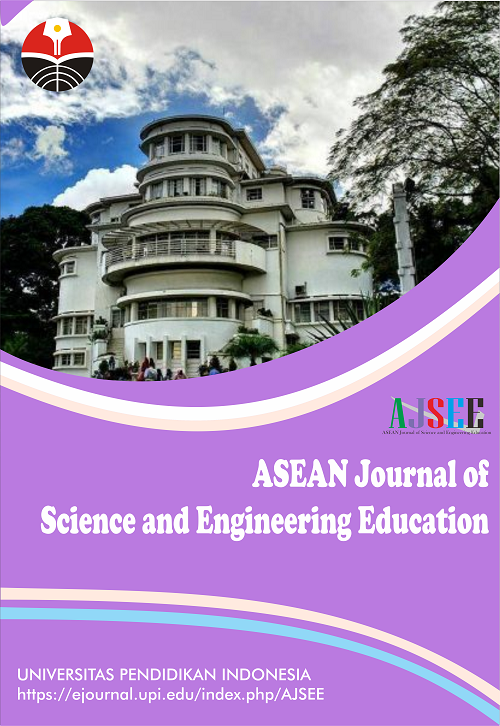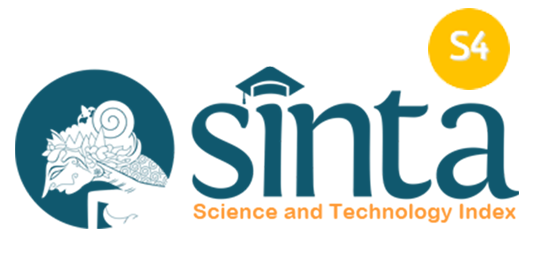Video Demonstration: Effects on Student’s Metacognitive Skills in Science
Abstract
Keywords
Full Text:
PDFReferences
Callan, G. L., Marchant, G. J., Finch, W. H., and German, R. L. (2016). Metacognition, strategies, achievement, and demographics: Relationships across countries. Educational Sciences: Theory and Practice, 16(5), 1485-1502.
Chen, S. and Xia, Y. (2012). Research on application of multimedia technology in college physical education. Procedia Engineering, 29,4213-4217.
Greenberg, A., Barnett, T. L., and Nicholls, J. A. F. (2007). Teaching experiential learning: Adoption of an innovative course in an MBA marketing curriculum. Journal of Marketing Education, 29(1), 25-33.
Jayapraba, G. (2013). Metacognitive instruction and cooperative learning-strategies for promoting insightful learning in science. International Journal on New Trends in Education and Their Implications, 4(1), 165-172.
Magno, C. (2010). The role of metacognitive skills in developing critical thinking. Metacognition and Learning, 5(2), 137-156.
Veenman, M. V. J., Wilhelm, P., and Beishuizen, J. J. (2004). The relation between intellectual and metacognitive skills from a developmental perspective. Learning and Instruction, 14, 89–109.
Vrbik, I., and Vrbik, A. (2017). Video demonstration as a teaching method. Croatian Journal of Education-Hrvatski Casopis za Odgoj i Obrazovanje, 19, 201-213.
DOI: https://doi.org/10.17509/ajsee.v3i3.49806
Refbacks
- There are currently no refbacks.
Copyright (c) 2022 Universitas Pendidikan Indonesia

This work is licensed under a Creative Commons Attribution-ShareAlike 4.0 International License.














